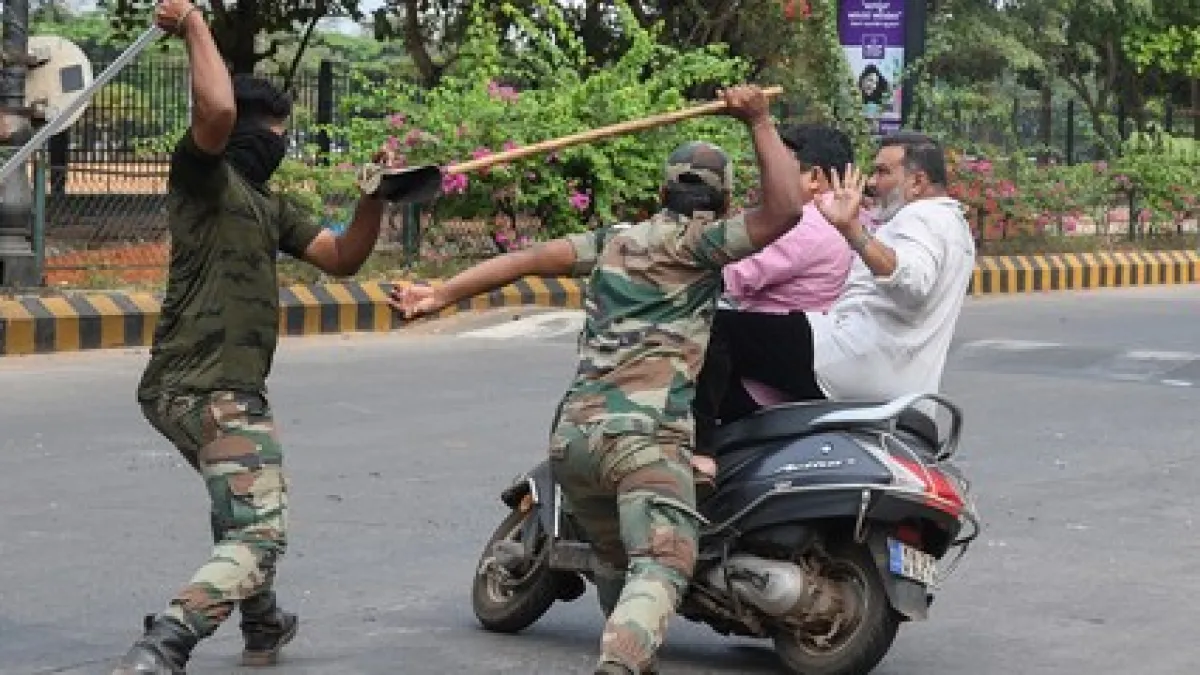The Kerala High Court has clarified that acts of custodial torture by police officers do not fall under the ambit of their official duties. This means that a magistrate court can take cognizance of such acts without requiring prior sanction from the State Government under Section 197(1) of the Code of Criminal Procedure (CrPC).
The case originated from allegations against a Sub-Inspector at the Nilambur Police Station, who was accused of physically assaulting a man called to the station for questioning. The complainant alleged that he was verbally and physically abused following a complaint by a woman, which also led to his pregnant sister being assaulted when she tried to intervene. Medical records from a hospital confirmed injuries sustained by both the complainant and his sister.
The accused police officer contended that the magistrate court could not take cognizance of the case without prior government sanction under Section 197(1) of CrPC, which protects public servants performing their official duties. The officer claimed his actions were part of maintaining public order, thus requiring sanction.
Justice K. Babu rejected the officer’s arguments, stating that custodial torture could not be considered an official duty. The court reasoned that acts of physical assault, such as hitting a person’s head against the wall or kicking their abdomen, cannot be linked to a legitimate police function.
The judgment emphasized that:
“The fundamental test appears to be whether the accused can reasonably claim that what they did was by virtue of their office. The quality of the act is what matters, and custodial torture does not meet this standard.”
The court held that such acts violate basic rights and cannot be shielded by the legal immunity provided to officials under CrPC Section 197.
The allegations detailed a series of violent acts:
- The complainant was summoned to the police station, verbally abused, and physically assaulted.
- His sister, a constable at the same station, intervened but was also assaulted despite being pregnant.
- Both individuals sustained injuries, which were documented in medical reports.
The complainant filed a case after his FIR was allegedly labeled as “false” by investigating officers. Eventually, the magistrate court took cognizance of the case.
The Kerala High Court reiterated that:
- Official immunity cannot be used to shield personal misconduct by public servants.
- The magistrate court was correct in proceeding with the case without government sanction.
This ruling sends a strong message about police accountability and reaffirms that acts of custodial torture have no place in law enforcement. It also reinforces the principle that public servants must act within the boundaries of the law, ensuring protection against misuse of power.
The petition challenging the magistrate court’s decision was dismissed by the High Court, setting a precedent for similar cases of custodial violence in India.
Follow The420.in on
Telegram, Facebook, Twitter, LinkedIn, Instagram and YouTube


